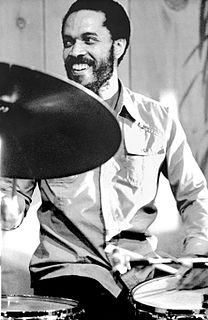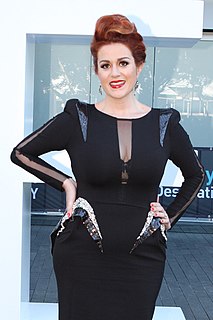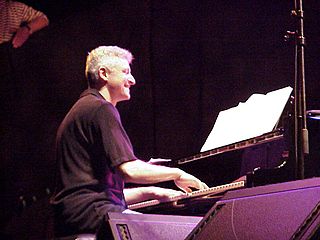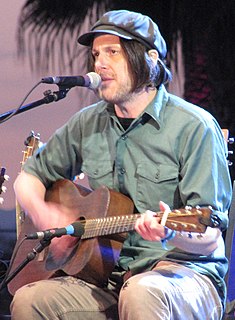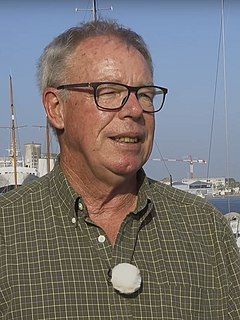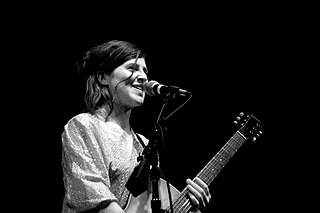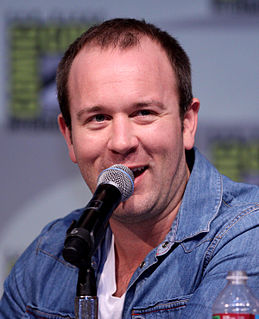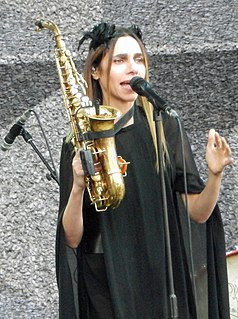A Quote by Billy Higgins
I think that people should learn about that. In most music, there's one way that you do something, and that's the only way. In jazz, it's a lot different.
Related Quotes
Of course we've lost so many superstars who've made jazz what it is. We've lost so many musicians who created new things and changed the way we think about music and who took jazz to a new level. So jazz is suffering from that. But we still have a lot of incredible people playing jazz in the world. We have a lot of people leading the way.
One of the most obvious aspects of the music to people who know jazz is: How does it feel in the swing? These are things that are very subtle and that jazz musician appreciate in a particular way. I appreciate the way Tommy Flanagan swings, the way that Barry Harris swings, the great pulse that Hank Jones and Bill Evans have - end every one of them is different.
The most important thing to do as an artist is to get out of your comfort zone and work with different people: people who can't read a note of music, people who have incredible classical skills, blues and jazz musicians, pop artists, visual artists, dancers and actors. Learn from people who are creative in a different way to you and you'll keep evolving.
The hardest thing about being a young musician on the jazz scene is that there are so many styles of music, jazz and otherwise, that you're exposed to. The challenge is to use all that in your own way, to personalize all that has come before you and all that is happening around you. To get the music the way you want it, there's a lot of work involved.
For me, there's a lot of intrinsic mystery and power in folk music, but a lot of people don't perceive that music from around the world as something that fits into their lives or their psyche in any way. So I tried to present it in a different way to give it more of a chance to sink into people's heads.
A lot of people in the jazz community are looking at how much notoriety we're getting. And we're an inspiration to a lot of young people, because now there's something new they can aim for that's in their grasp. Because a lot of times when you attend a jazz college it's all about the history, none of the teachers there are forward-thinking, for the most part, so they don't teach you how to be yourself and embrace the music around you.
The only thing I can say that is not bullshit is that you do have to learn to write in a way that you would learn to play the violin. Everybody seems to think that you should be able to turn on the faucet one day and out will come the novel. I think for most people it's just practice, practice, practice, that sense of just learning your instrument until - when you have an idea on the violin, you don't have to translate it into violin-speak anymore - the language is your own. It's not something you can think your way into, or outsmart. you've just got to do it.
I think Berklee College of Music had the highest dropout rate of any college - or pretend college - in the United States. Because I think most people think they're going to be in Green Day or whatever, and you actually have to learn about music you don't care for, too. I mean, I cared for a great deal of music; it's just that I didn't want to submerge myself into the well of fusion jazz.
I think of myself as a jazz player, and my music as a natural extension of the jazz tradition. What I'm doing is completely free improvisation ('composing in real time') with nothing predetermined. I've had a lot of experience playing many different kinds of music and several different instruments, and since I tend not to waste anything, it all shows up somewhere in the music I'm playing now.
